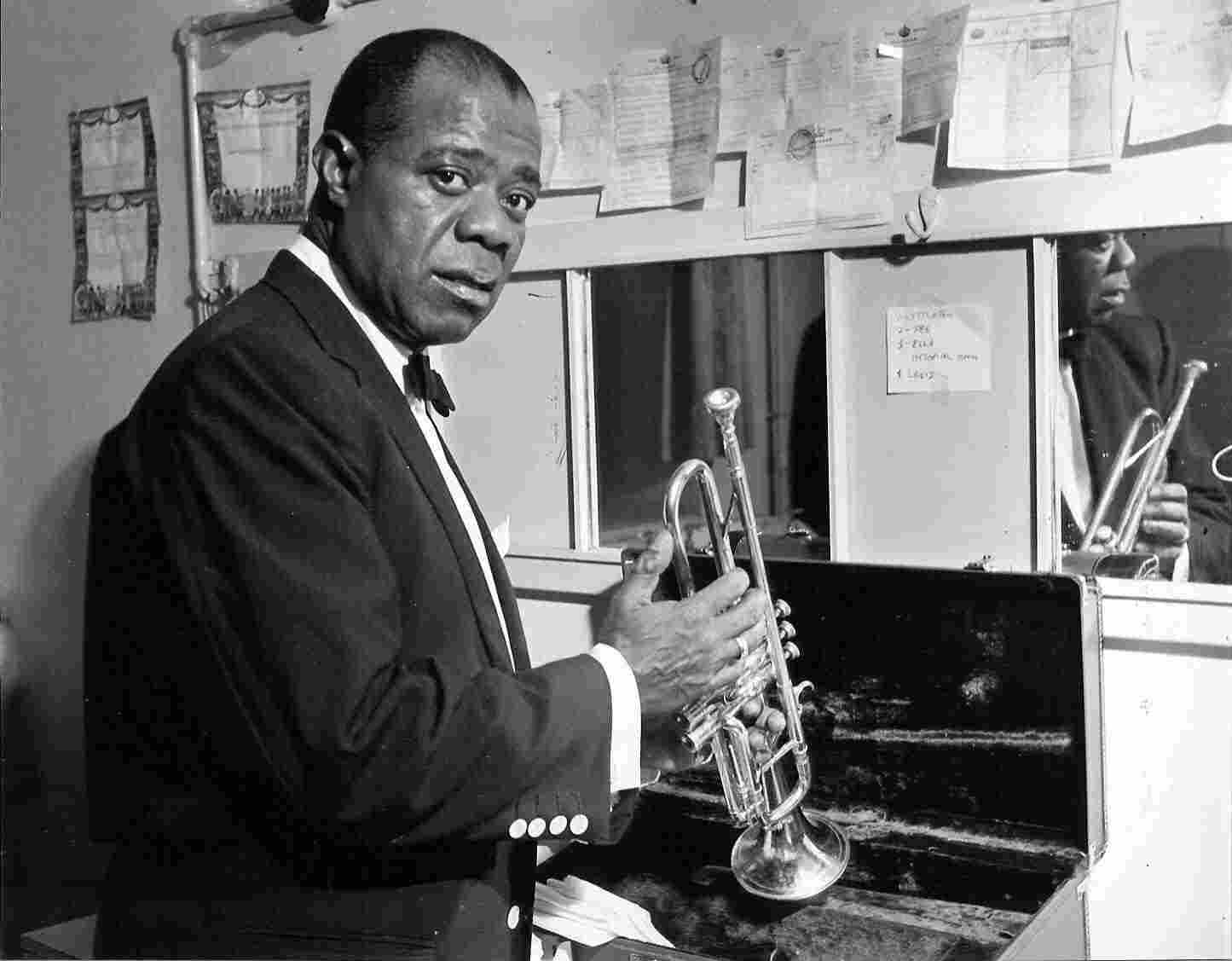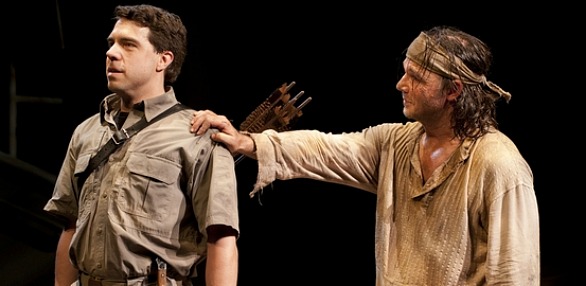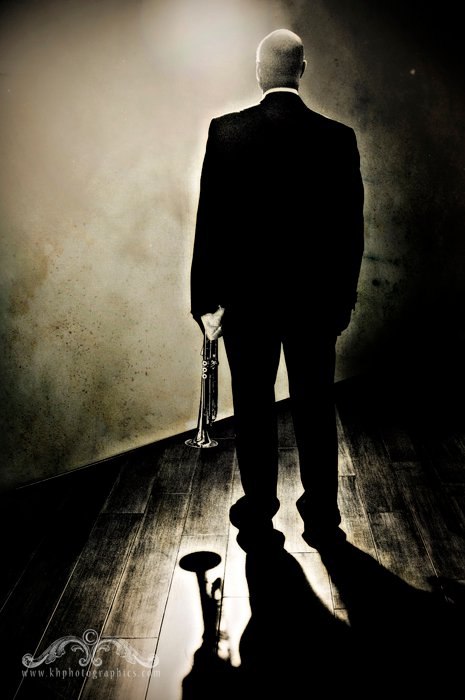“CRITIC, n. A person who boasts himself hard to please because nobody tries to please him.”
Ambrose Bierce, The Devil’s Dictionary
Archives for 2011
TT: Then and now
 Ten years ago I was visiting my mother in Smalltown, U.S.A. I had just delivered the manuscript of a book to my publisher and thought myself in need of a week’s vacation. This is what I did instead.
Ten years ago I was visiting my mother in Smalltown, U.S.A. I had just delivered the manuscript of a book to my publisher and thought myself in need of a week’s vacation. This is what I did instead.
Today my life is unimaginably different, almost entirely for the better, and I’m grateful for my good fortune. Tomorrow I’ll feel like talking about some of the reasons for that gratitude—but not now. This is a day to remember those whose lives were cut short by an act of foul, unmitigated evil, and those who sacrificed their own lives to save the lives of others on that terrible morning.
We should all be grateful that such courage is still to be found in the world. It was not in short supply on 9/11.
TT: In memoriam
Leonard Bernstein and the Vienna Philharmonic perform the slow movement of Beethoven’s “Eroica” Symphony:
TT: Almanac
“Some men aren’t looking for anything logical, like money. They can’t be bought, bullied, reasoned, or negotiated with. Some men just want to watch the world burn.”
Jonathan and Christopher Nolan, screenplay for The Dark Knight
TT: First out of the box
 The Orlando Sentinel’s Matt Palm has written an excellent preview piece about Satchmo at the Waldorf. Here’s an excerpt:
The Orlando Sentinel’s Matt Palm has written an excellent preview piece about Satchmo at the Waldorf. Here’s an excerpt:
Writer and arts critic Terry Teachout first encountered jazz great Louis Armstrong on “The Ed Sullivan Show” — thanks to his mother. It was the mid-1960s, and Armstrong was singing “Hello, Dolly!”
He recalls: “My mom called me in and said, ‘This man won’t live forever. I want you to remember him.’”
Teachout remembered, all right.
In 2009, he wrote Pops: A Life of Louis Armstrong, which was lauded by The Washington Post, The Economist and The New York Times Book Review as one of the best books of the year.
Now he has written a play about Armstrong, “Satchmo at the Waldorf,” which will make its world premiere Thursday, Sept. 15, in Orlando. Noted local actor Dennis Neal will star in the one-man show as both Armstrong and his manager, Joe Glaser. Veteran director Rus Blackwell will direct….
Teachout, who has written the librettos for two operas, is excited to see the finished product, especially because it’s his first play. He has critiqued hundreds of plays in his career — but now the shoe is on the other foot.
“I know what it’s like to be on the other side of the machine gun,” he says. “I hope it’s made me a better critic. I think it has. I understand better how the process works.”
He’ll be in the opening-night audience.
Read the whole thing here.
TT: To forgive, divine
In today’s Wall Street Journal drama column, the last of my reports on my recent summer travels, I review American Players Theatre’s productions of The Cure at Troy and The Tempest. Here’s an excerpt.
* * *
Professional productions of the Greek tragedies seem to be growing less common in America—the last time I reviewed one was in 2008—and so American Players Theatre’s revival of “The Cure at Troy,” Seamus Heaney’s adaptation of Sophocles’ “Philoctetes,” is of interest for that reason alone. But APT’s staging, directed by David Frank, the company’s artistic director, is no curiosity. It is, in fact, an overwhelming theatrical experience…
“Philoctetes,” in which Sophocles dramatized the myth of the wounded Greek warrior (David Daniel) who was deserted by Odysseus (Jonathan Smoots) and his comrades, was largely forgotten save by classicists when Mr. Heaney published his English-language adaptation in 1991, four years before he won the Nobel Prize. “The Cure at Troy” is a masterly piece of versification, at once unpretentious in diction and elevated in tone. Without distorting the play’s meaning, Mr. Heaney has subtly emphasized its continuing relevance, placing lines in the mouths of the chorus that liken the furious Philoctetes’ self-consuming desire for revenge to the irredentist madness of Northern Ireland, the land of the poet’s birth…
 Three of the cast members are part of APT’s resident ensemble, and they give performances so compelling that you’ll want to hold your breath each time they speak. Mr. Daniel’s Philoctetes is a coolly urbane gentleman-warrior whom pain has reduced to a shrieking shadow of himself. Mr. Smoots’ Odysseus is a rich-voiced cynic who is quick to heed the reassuring call of expediency. And Sarah Day, the leader of the three-woman chorus, narrates the unfolding tragedy with the world-weary wisdom of one who knows in her bones that understanding and forgiveness are not the same thing….
Three of the cast members are part of APT’s resident ensemble, and they give performances so compelling that you’ll want to hold your breath each time they speak. Mr. Daniel’s Philoctetes is a coolly urbane gentleman-warrior whom pain has reduced to a shrieking shadow of himself. Mr. Smoots’ Odysseus is a rich-voiced cynic who is quick to heed the reassuring call of expediency. And Sarah Day, the leader of the three-woman chorus, narrates the unfolding tragedy with the world-weary wisdom of one who knows in her bones that understanding and forgiveness are not the same thing….
More often than not, incidental music is exactly that, a gloss on a theatrical production that heightens the atmosphere without calling attention to itself. Once in a while, though, a composer makes a uniquely distinctive contribution to a first-rate show, and that’s what Joshua Schmidt has done for James Bohnen’s marvelous outdoor staging of “The Tempest.” Mr. Schmidt, who is best known for his music for “A Minister’s Wife” and “Adding Machine,” has written a score full of delicate, slow-shifting chords that waft through the night air like wispy clouds in a soft breeze, dovetailing them with the natural sounds of the woods that surround APT’s Up-the-Hill Theatre.
Part of what makes this production of “The Tempest” so striking is the contrast between Mr. Schmidt’s magical music and the bluff, deliberately prosy acting of Kenneth Albers as Prospero. Nowadays most actors play Prospero with an elegiac touch, but Mr. Albers (who is also a director of note) has chosen instead to underline the anger that Shakespeare had in mind when he described the old sorcerer as “composed of harshness.” This makes it all the more poignant when the once-vengeful Prospero redeems himself at play’s end by choosing mercy over justice….
* * *
Read the whole thing here.
TT: Almanac
“Disillusionment in living is finding that no one can really ever be agreeing with you completely in anything.”
Gertrude Stein, The Making of Americans
TT: Closer and closer
 Satchmo at the Waldorf, my first play, opens a week from tonight in Orlando, Florida. I’ll be flying down first thing Saturday morning to join Dennis Neal, the star, and Rus Blackwell, the director, for the final rehearsals.
Satchmo at the Waldorf, my first play, opens a week from tonight in Orlando, Florida. I’ll be flying down first thing Saturday morning to join Dennis Neal, the star, and Rus Blackwell, the director, for the final rehearsals.
You probably won’t be surprised to hear that I’m finding it difficult to concentrate on anything other than opening night. The funny thing is that I never gave any serious thought to becoming a playwright until I started writing Satchmo at the Waldorf a year and a half ago. Now that it’s happened, though, I’m about as excited as it’s possible to be.
Come Monday, I’ll let you know how things are shaping up in Orlando. In the meantime, I’m pleased to report that Brian Shaw, an assistant professor at Louisiana State University, is currently teaching a seminar on Louis Armstrong that uses Pops, my 2009 Armstrong biography, as its text. He recently posted a Facebook playlist of Armstrong-related recordings and videos, all of them keyed to the text of Pops, that are available on YouTube and will be discussed in his seminar. You can view it by going here. I wish I’d thought of doing something similar when Pops first came out!
